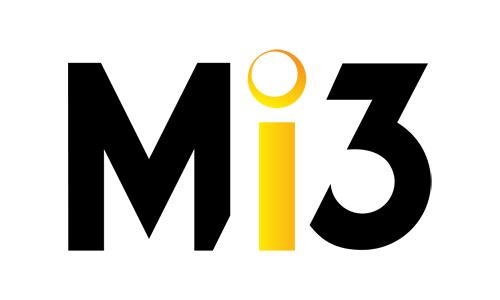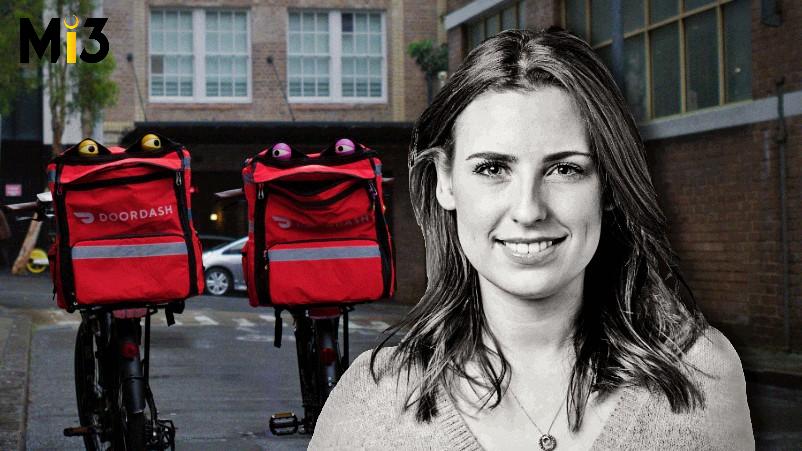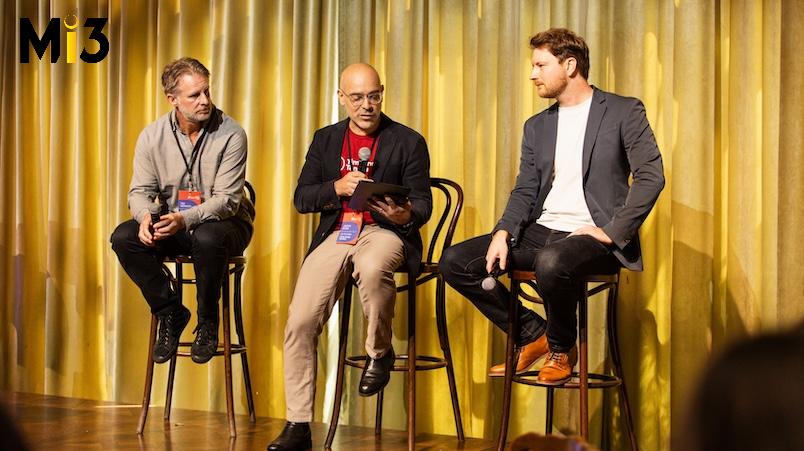Six years ago, media ecologist Jack Myers called it right on the almost total automation of media buying. Now he says extending principal trading models into retail media is the future for media agencies, as more retail media brands – the likes of Uber and United Airlines “that aren’t that interested in selling ads” – sell directly to agencies, who then arbitrage for bigger margins. Myers thinks that presents new competitive challenges for the likes of The Trade Desk (TTD) as holdcos simultaneously acquire FAST channels and digital assets from pressured publishers and hunt TTD’s robust market cap growth versus those of the global agency owners.As media owners, he argues, holdcos are far less likely to hand over 15 cents on the dollar to DSPs when that is margin they could keep. “That doesn’t mean The Trade Desk is going to go away. I just believe they’ll find the holdcos are going to be their competitor, as opposed to their client,” per Myers. “Media consolidation will happen inside of media agencies, which I believe will increasingly become media financial services companies.”While media owners seemingly grasp that they must “come together as a single force to compete with these [big tech] monoliths instead of fighting against each other for a declining share of business”, Myers remains bleak – because most looming M&A and deal-cutting is focused on cost-cutting rather than genuine transformation. A united media front, he says, is “not going to happen. Why? Because that’s not what the leaders of those companies get paid to do. They’re paid to make sure their Wall Street value remains viable, and they do that by holding on to the past until it’s too late. They become the Kodak of the television business.”Across the piste, Myers thinks AI’s total disruption will force company leaders to focus less on quarterly results and more on actually leading their people “through a time when it’s no longer about the answers, it’s about the questions”, he suggests.”In a world where the answers are immediately available through technology, it’s the quality of the questions, it’s the insights that are gained, it’s the use of those insights [that defines winners and losers].”So when it comes to the advertising business and when it comes to people, I have two foundational beliefs. One is that creativity is going to be the saviour of the advertising and media business. Number two, it will only save those who invest in their human talent, and that means investing in the creativity, the ingenuity, the intuition of their human talent,” per Myers. “In order to lead that talent, the qualities that are most required are empathy and ethics… two things that modern corporations are not particularly well-versed in.”However, he sees some immediate potential wins for advertisers and streamers of all persuasions: Getting smarter about harnessing back-catalogue content that powers the bulk of viewing. How? Proactive, bespoke sponsorshFor everyone else, Myers advises getting more fluent in short-form content.”We’re going to see more and more short-form, serial dramas and comedies … where every day there’s a new episode, and it’s going to be across social media. We’re seeing that heavily in China, it’s a big business. So I think we’re going to see more advertising connecting up to the content and being content itself,” says Myers. “When that happens, we need new currency – based on attentiveness, based on brand equity value of the content, attention. So the fundamentals of the industry need to change.”
Author: admin
‘Don’t f*ck it up is high on my list’: DoorDash goes hard on brand mascots, local creative in bid to boost preference, consideration – but hedges with retail performance multi-plays
DoorDash is rapidly gaining share, moving from number three to number two in a knife-fight-in-a-phone box delivery market promising to scoot “basically anything that’s not nailed down” to the doorstep within minutes. In a cut-throat market, creative cut-through and distinctiveness are key, says brand ANZ leader, Madison Westall. While rivals are mixing global and local, she’s committing to Aussie humour, insights and attitudes – Bob Katter and all. The firm’s betting on animatronic puppet bags and a brand-plus-performance play to bring home consideration and preference by the basketful. Westall aims to leave the brand cakes in the over long enough to see the rise in business outcomes. But DoorDash is running equally hard, if not harder, on performance, striking deals with retailers across the piste to rapidly move the needle.
Assembled Media secures Penfolds account, launches first campaign
Assembled Media has been appointed as the media agency for wine brand Penfolds and has already come out of the gate with ‘The 2025 Collection Release’ campaign.
Telstra fined $18m for undisclosed Belong internet speed plan changes
Telstra has been fined $18m by the Federal Court for breaching Australian Consumer Law. The breach involved the unnotified transfer of nearly 9,000 Belong customers to a lower speed plan.
Emotive’s ‘brand incubator’ executes El Arquero Tequila campaign
Emotive has introduced its first brand incubator initiative with the the launch of El Arquero Tequila in partnership with Foxtel, Hot Shot PR and Australian cricket legend Adam Gilchrist.
Caroline Bonpain switches snacks for sustainable packaging, joins BioPak as marketing director
BioPak has recruited former The Arnott’s Group marketing director for ecommerce, digital, media and CX transformation, Caroline Bonpain, as its new marketing director.
Westpac blows app rivals away as Forrester rates Australia among world’s best – but Big Four still missing key customer aspirations
Australian banks have mastered digital competence but are still chasing digital excellence. Westpac now sets the pace with an AI-powered app that nudges customers towards smarter financial choices, while CommBank excels in budgeting, NAB teaches financial discipline, and ANZ keeps the basics simple with natural-language search. Yet, per Forrester, most banks stumble when it comes to deeper financial health insights, seamless international transfers, or consistent fraud prevention. Despite ranking among the world’s best for mobile banking, Australia’s big four still fall short of delivering what customers crave most: timely alerts, personalised guidance, and truly joined-up digital experiences. The result? An industry that looks world-class compared to its peers, but which is only doing “OK” compared to the more important measure of what customers expect.
Steve Madden ventures into wine with limited edition Pinot offering
NY fashion brand Steve Madden has made its inaugural foray into the wine market through a collaboration with Melbourne Winery.
Smarter agentic bets: Sportsbet marketing boss on three years of applied AI learning; automating the ‘shit’ jobs like CAD TV ad approvals that ‘brand teams hate’; key platform and process lessons to lift
Sportsbet marketing boss Tim Hernadi went early on AI – piling into generative three years ago and notching massive creative and productions savings, plus smarter CX customer hooks. A couple of months ago he sent production and animation head Toby Barrett to China for the biggest AI show on earth. Barrett came back with agentic AI process inspiration and has since put it to work, with self-built AI agents reducing the time it takes to approve TV ads with Clear Ads, “one of those repetitive, shit tasks” hated by the marketing team, by a whopping 87 per cent. Now Sportsbet is aiming AI agents at all those shit jobs – and going multiagent. Here’s three years of learning, the platforms they are using and accumulative advice that’s probably a decent each-way bet for any team getting started.
Savage Rabbit Vodka marks national arrival with multi-channel campaign
Savage Rabbit Vodka has made its first entry into the Australian market, launching with a comprehensive multi-channel campaign. The campaign encompasses PR, digital, social media, and retail activations.










